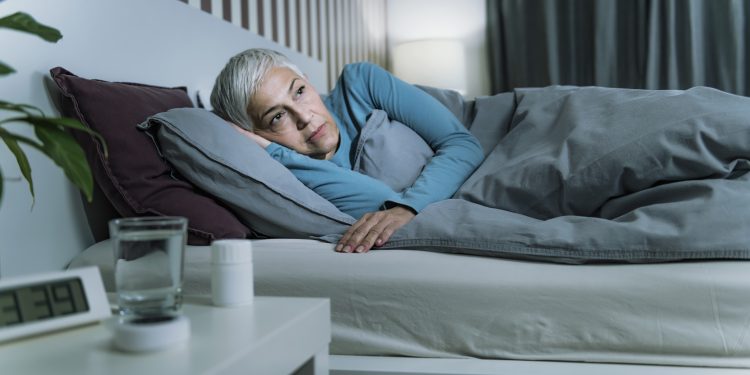Everyone reading this article knows about sleep deprivation because everybody has suffered maybe a night or two with a tiny baby or someone who’s sick. When we don’t get good sleep, we just don’t feel like our mind is clear. If that comes to pass not just one or two nights but night after night, this then becomes a cascade of problems.
The Cascade of Problems
Irritability and short-temperedness are some of the most common observable problems. Our judgment might be a little bit off and we might become more sensitive to things. Our immune system does not work as efficiently, we get heart rate variability, and were beginning to learn that heart rate variability is a predictor for lots of disease states and symptoms. In terms of our musculoskeletal system, we have increased reaction time. This is more in the line of a twitch or hypervigilance not fine motor tuning, decreased accuracy, and muscle aches. This can turn into persistent sleep deprivation and growth suppression.
The Functions of Sleep
If we think of ourselves as a machine, it is generally not good for machines to continuously run, the energy conservation wears thin and bad things happen. We know that when we intentionally sleep deprive college students, after two or three days we can look at their immune systems and see that it’s beginning to tumble. They are much more likely to acquire a viral illness or bacterial illness. So somehow magically during sleep, our immune system reboots.
When we sleep, and this is easily measured, there is hormonal restoration. The time we sleep is when our body reboots hormones, particularly human growth hormone. It has to do a lot with cellular aging and cellular repair, so if that’s damaged or slowed down, we’re going to see cellular repair diminished and cellular aging accelerated.
Latest Findings
New research finds sleep problems in the elderly may be caused by cell loss in the brain. Sleep disruption like insomnia and other problems are quite common, especially when one age and especially in the context of neurodegenerative disorders like Alzheimer’s disease. In many patients the cause of underlying sleep fragmentation and insomnia is unknown.
So, we don’t know why it is that people develop these sleep abnormalities. The hypothesis says that some of this might be related to degeneration in areas of the brain that control sleep. In experiments, it was found that individuals who had relatively poor sleep also had relatively fewer neurons in the area called the intermediate nucleus. What this suggests is that in a fair number of people, especially older people who have sleep disturbances, the loss of neurons might be a compelling cause of their sleep disturbances.
What Does This Mean for Those Who are Elderly and Experiencing Sleep Problems?
Insomnia that you’re experiencing as an older person might not be something that’s simply in your head. it’s not just stress related or in no way is it your fault that you’re having these sleep disturbances.
In conclusion, when the elderly suffer from insomnia, which is also one of the most common diagnoses, REM disorder sleep, and dementia; what we generally see is that there are disturbances in the circadian clock sleep-wake pathways. There is some emerging evidence that insomnia, which we’ve thought for about two thousand years in the sleep promoter not working efficiently, now we’re getting some evidence that maybe the sleep promoter is working perfectly fine but perhaps the wakefulness promoter isn’t turning off. So, insomnia, strangely enough, maybe a disorder of excessive wakefulness.
There is some evidence that there are increased levels of orexin and maybe that’s why they have sleep deterioration. The research is still in its preliminary stages and there is more to come shortly.










Discussion about this post